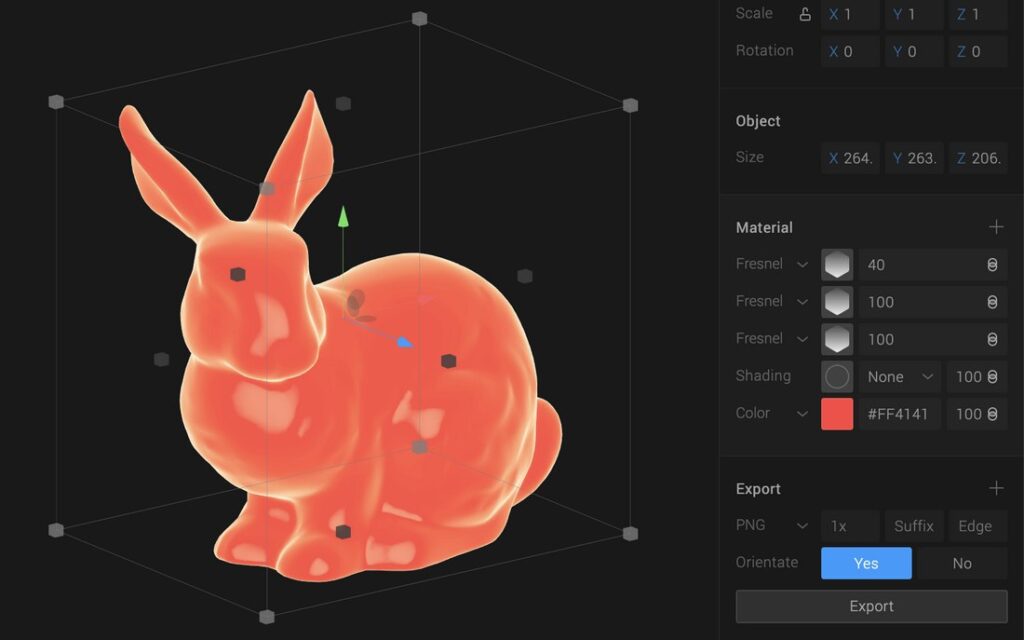Friday, 14 July 2023, Bengaluru, India
In a seed round headed by Gradient Ventures and including First Round Capital, NXTP, Chapter One, Guillermo Rauch, CEO of Vercel, Y Combinator, Vlad Magdalin, and Backend Capital, Spline, a no-code design tool for producing 3D objects, they were said today that it had raised $15 million.
Alejandro Leon, co-founder and CEO of Spline, said the funds, which increase the startup’s total funding to $16 million, will be used for R&D and growing its 20-person staff.
In an email interview with TechCrunch, Leon stated, “Back in early 2020, before launching Spline, our talks with investors about investing in 3D were met with reactions of uncertainty.” Since then, a great deal has changed, and we have made significant progress. 3D has now established itself as a standard multimedia format alongside images, audio, and video.
In 2020, Leon, who claims to have been fascinated by 3D since he was a child and even learned to code as a result, developed Spline to make the 3D design process more straightforward. The beta version of Spline was released in early March after being accepted into one of Y Combinator’s 2021 batches.
Users can design 3D things with Spline from scratch or pre-made objects, tweak the materials, add interactivity (gaming controls), and export them all from a web browser. Users can collaborate on assets, build real-time physics simulations and interactions between them, and edit and comment on purchases using the platform’s collaboration tools.

“Web technology can now provide content of a better calibre. We now have new forthcoming technology that builds on a 3D and spatial foundation while AI also advances into 3D, according to Leon.
Leon believes that generative AI is the natural next step for Spline’s platform, which competes with established programs like Blender and Cinema 4D. Following in the footsteps of businesses like OpenAI and Meta, Spline recently expanded its toolkit to include AI-style transfer and AI texture tools. Additionally, it is investigating how to employ prompts for content creation utilizing big language models.
“We believe that AI can empower more designers to easily get started by reducing the friction and complexity of the 3D creation process,” Leon continued. “3D creation is a complex process, so this is an ongoing effort and a general challenge, but we think AI will be a key part of making 3D creation more accessible for anyone,” the statement continued.
Shirazi, a general partner at Gradient, expressed his admiration for the product Alejandro and the Spline team had produced via email. “Equally astounding is the community of creators who have discovered Spline and fallen in love with its powers. We think Spline is at the nexus of creativity and AI because 3D drives the future of computers and communication.
[Source of Information : Techcrunch.com]










